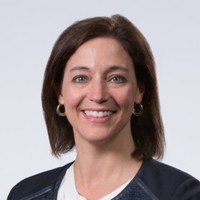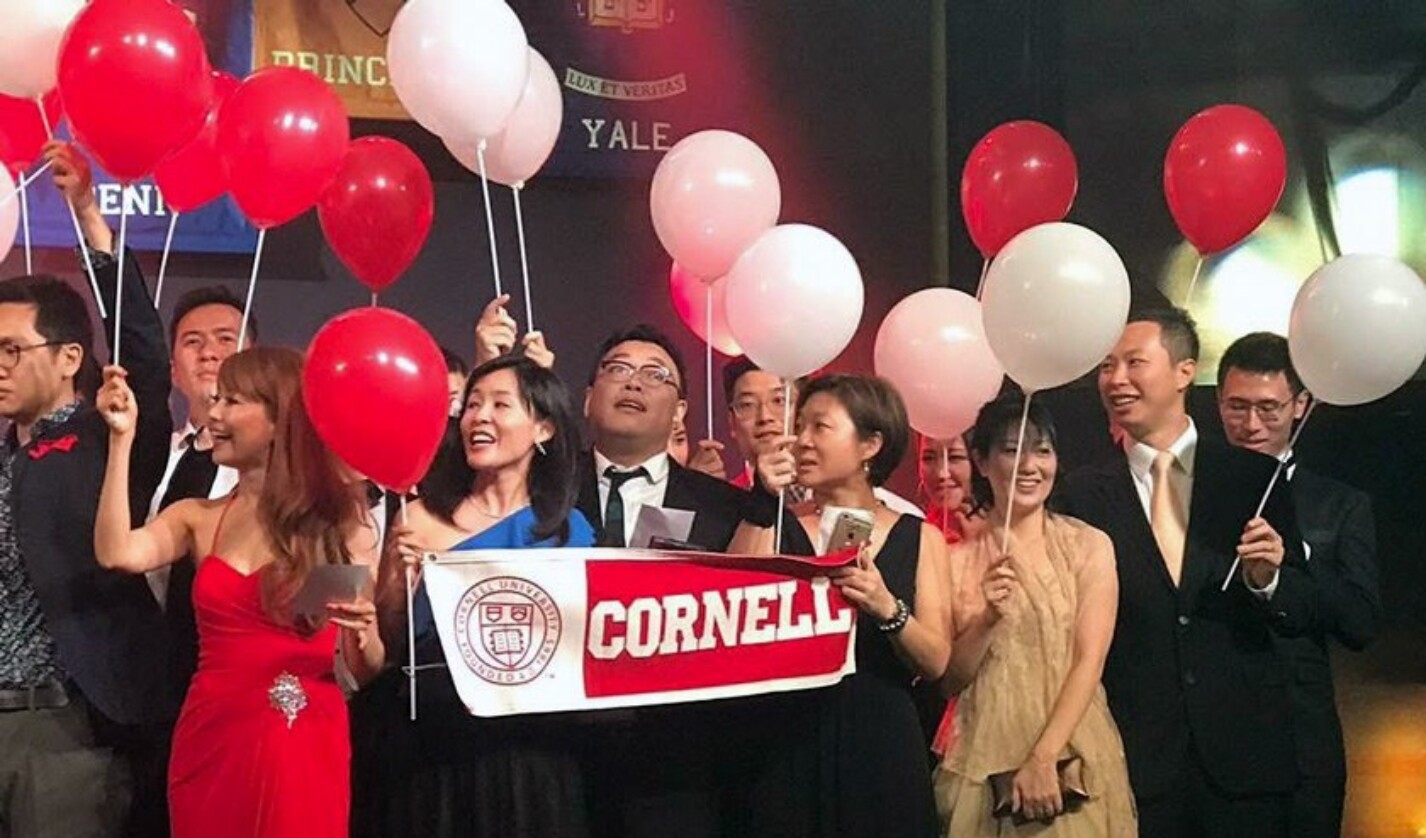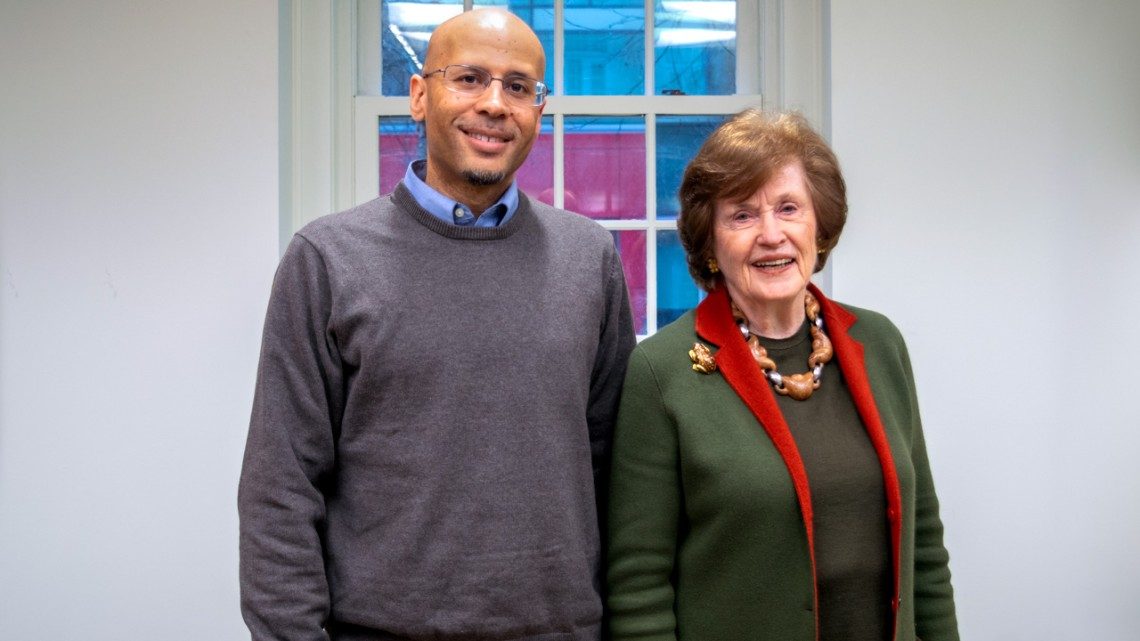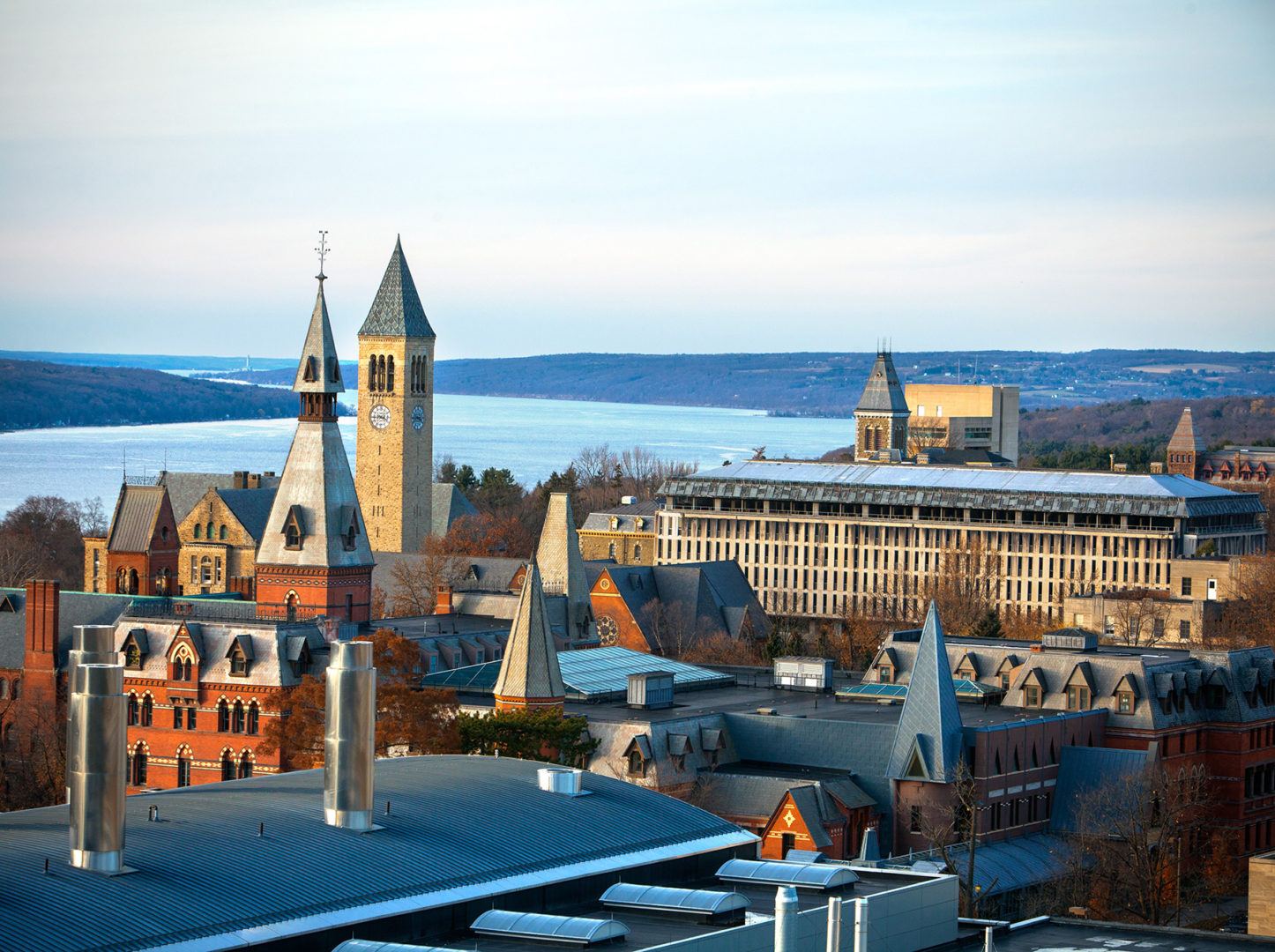As the first in her family to attend college, Shelly Cerio ’92 found herself navigating Cornell without a roadmap. “There was so much I didn’t know back then,” she says. “The first semester was especially difficult.”
Shelly quickly learned to rely on her instincts. She built a community around herself, forging friendships and seeking out mentors who could help her adapt to the university experience. “I realized then how much you could learn from your peers. By watching others, how they coped or asked for help, I adapted.”
These relationships also helped Shelly realize that academic success isn’t solely determined by intellect. She began to understand how other factors in life can influence success on campus.

“There were a few people I became friends with who lived with a sense of financial stress while they were attending college,” she says. “It got to the point where they didn’t feel like going to college was the right thing to do, so they left.”
“That’s what I want to help address, in whatever small way,” Shelly adds. “I want to help remove some of the financial and emotional stress that comes with having student loan debt.”
In 2024, Shelly took a significant step to help alleviate this burden for Cornell undergraduates. She established a $1.5 million endowment that funds partial scholarships for multiple students at the ILR School each year. Her gift contributes to Cornell’s Undergraduate Affordability Initiative, an effort to enhance the socioeconomic diversity of Cornell’s undergraduate student population.
For Shelly, providing support to multiple students year over year is especially meaningful.
Debt can influence your ability to reach significant milestones, like buying your first home, she says. “Education is an investment, and giving partial support allows students, as they develop and mature, to have skin in the game. But I want to help prevent students from taking out even more loans that have to be repaid at a high interest rate.”
This commitment stems from Shelly’s belief that the college experience is fundamental to personal and professional transformation. She says Cornell taught her how to schedule her time, the essence of teamwork, and how to learn from others while navigating new situations. Her time on the Hill also allowed her to foster connections with peers and professors. “If I reached out, professors like Alice Cook made time for me—that’s what I loved about Cornell.”
Professor Cook’s research on Japanese labor relations deeply resonated with Shelly, who became passionate about the country and its culture after spending a year in Japan as an exchange student before college. “The experience opened my eyes,” she shares. “There is no greater experience in my life than that transition from a little town in Upstate New York to living abroad—to learning a new language and how to survive in a new environment.”
The lessons she learned in Japan were reinforced throughout her college experience. She says the interdisciplinary connections and collaborations she sought and found at Cornell broadened her horizons even further.
“Many of my closest friends were pursuing different majors, so we had conversations that involved topics from almost every school,” she explains. “By the time I was headed to GE, I was prepared to think with a broader perspective because of my network. My social system reflected an interdisciplinary way of thinking.”
This was critical for Shelly, who entered the job market during a recession. “When I started the GE Human Resources Leadership Program in 1992, only 17 of us were hired. Only two of us had undergraduate degrees: myself and Dan Domenech ’92—everyone else had master’s degrees.”
Despite the disadvantage of not having work experience or advanced degrees, Shelly says they transitioned well into their peer group. “It was the environment, the education, and the support we got at Cornell,” she explains.
After climbing the ranks at GE, Shelly’s career took her to Amazon and then Nvidia. Her success has brought her to the next stage of her life, one that she’s dedicating to passion projects and giving back. She supports Water Access Now, a nonprofit organization founded by Bob Maher ’93 that makes clean water more accessible to villages in Ghana. Shelly and her husband, Greg, also give their time and support to the Boys and Girls Club of Silicon Valley.
“I want to help these individuals understand what it looks like going to college, and how to best be prepared for it,” she says. “I want to provide mentoring and support during that transition. I can put into action locally what I would have found helpful as a first-generation college student.”
She adds that she believes she was put on this earth for a reason. “I still don’t know what the reason is, but I do know I have to make the world a better place. I want that to be my legacy.”





